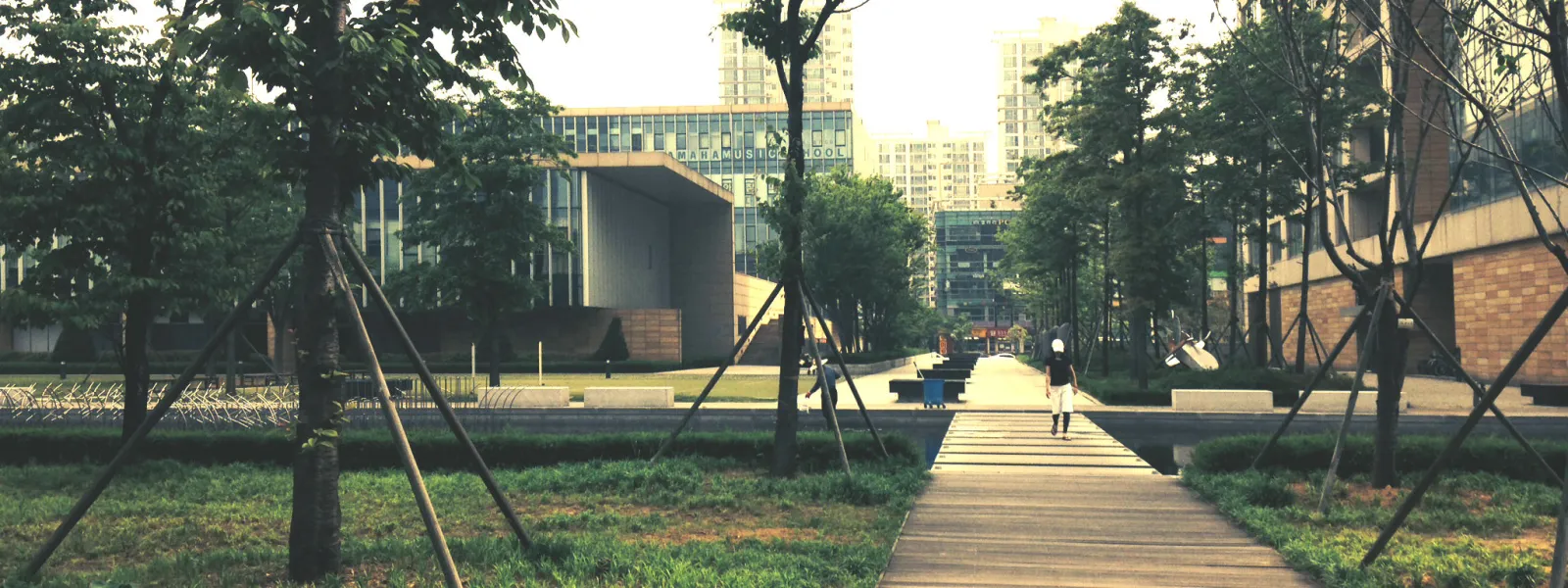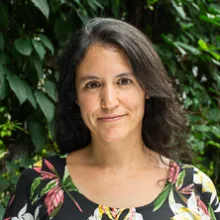
The role of civil society in the Green Climate Fund
Climate change is real, and its impacts are here to stay.
The nations of the world have agreed that, to get out of this mess, they must act together. But beyond setting intentions, little progress has been made.
One important opportunity to get things done is the Green Climate Fund, the primary financial mechanism of the United Nations Framework Convention on Climate Change (UNFCCC).
It’s a relatively new institution with the ability to move large quantities of money from rich countries to those in development. With these resources, the most vulnerable and least financially equipped nations can develop the projects and programs they need to confront climate change.
How the Fund works in practice
The Fund is a complex mechanism in which diverse actors interact.
The Board of Directors, in charge of governing and supervising the Fund, is made up of 24 members, 12 representatives from developed nations and 12 from developing ones. The Independent Secretariat implements the decisions adopted by the Board.
The Fund relates to countries through the National Designated Authorities or Focal Points, which are entities designated within each nation. The Fund also accredits national, regional and international institutions to channel economic resources through the presentation and implementation of climate proposals. These are called Accredited Entities.
Last, but certainly not least, observers from civil society and the private sector play a key role in ensuring that the Fund takes into account the needs of local populations, especially the most vulnerable, when approving projects and programs to combat climate change.
How decisions get made
In practice, the Fund has been built at meetings of its Board of Directors, held every three months. There, board members discuss and decide on the policies that shape the Fund. They also grant accreditation to entities that will channel funds from the GCF to the different countries, and approve the projects and programs that the Fund will finance.
Last October, I was fortunate to participate, as a civil society observer, at the 14th meeting of the Board, which was held at the Fund’s headquarters in Songdo, South Korea. I had the opportunity to see, on the ground, how this complex international mechanism works and, above all, how civil society contributes.
It quickly became clear to me that the working conditions of civil society are not easy. To begin with, there is no economic support for civil society representatives that must travel and stay abroad at least three times a year to attend the board meetings.
Inside the meetings of the Board, only “active observers” can participate: two from civil society and two from the private sector. The remaining observers sit in an adjoining room, following the meeting on television screens. Civil society has the right to speak, but this right can only be exercised by the two active observers, and only if the Co-Chairmen of the Board of Directors approve.
All civil society interventions are previously discussed, prepared and perfected by the coalition of observers. This leads to many sleepless nights, since the subjects are broad and complex.
In practice, civil society contributions are relegated to the end of the Board’s discussions. When time is scarce, a common reality, many times the right to speak is denied. This can be extremely frustrating, since crucial contributions are lost.
Why civil society support is important
Civil society contributes to the construction of the Fund’s policies with the objective of elevating its standards. Among other tasks, each funding proposal is studied, and the communities potentially affected by or benefitting from it are contacted, in order to understand what the project or program may actually involve, beyond what appears on paper.
That’s why the informal work that civil society does “behind the scenes” is so important. It is the work done during recess, at lunchtime, and in the corridors. Gradually, civil society observers build relationships with decision makers (Board members and advisors) and are able to share their ideas, concerns and suggestions with them.
The results of civil society’s work are being seen in decision-making, slowly but surely.
The Green Climate Fund offers hope because its guidelines are correctly posed: it seeks to promote transformation and paradigmatic change, promises transparency, and its decisions are made giving equal weight to representatives of developed and developing nations. Its mandate is to promote “country ownership” of the programs and projects it finances, that is, to ensure they are guided by the needs and priorities of the beneficiary countries. In addition, the Fund has an obligation to act with a gender approach.
However, the Fund also has problems and shortcomings. That’s why involvement of civil society is critical.
Because they do not represent any government, political party or other interest, civil society observers ensure the protection of the environment, respect for human rights, and the participation and inclusion of people directly affected by climate change.
The physical participation of civil society in Board meetings is vital. They ensure the Fund takes into account the voices of the communities directly affected by or benefitting from the financing.
Learn more about the Fund on our website!
Florencia Ortúzar Greene

Florencia is the Director of AIDA's Climate Program, and Coordinator of the Climate Finance Area, working from Santiago, Chile. She obtained her Law degree from the Pontificia Universidad Católica de Chile and also completed an MSc in Environmental Politics and Regulation at the London School of Economics (LSE) in England. She joined our team in 2012 and collaborates with Climate and Ecosystem programs. She enjoys spending time with her pets as well as cooking, camping and nature trekking.
